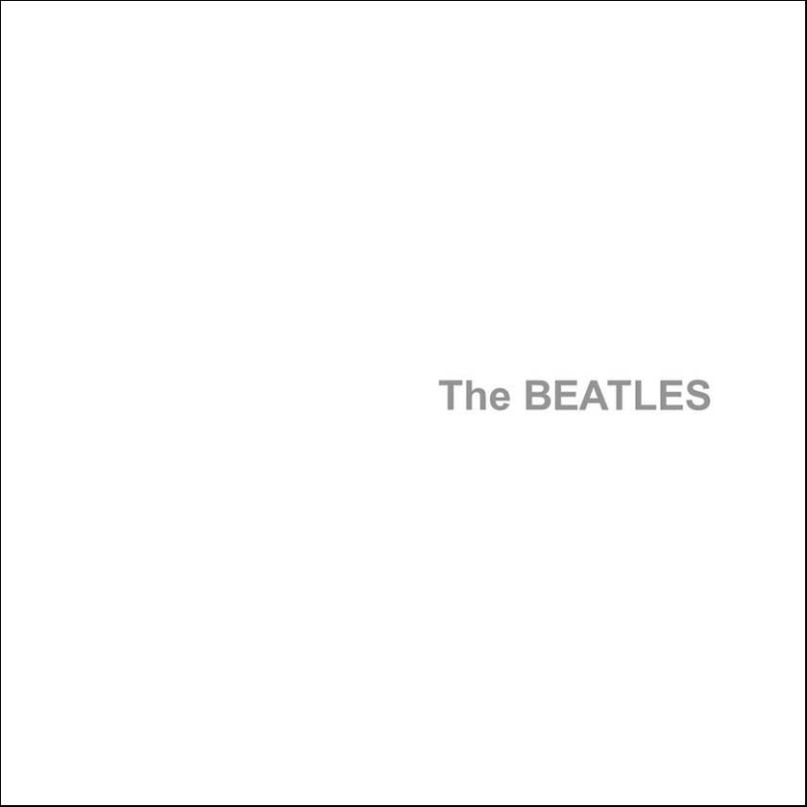Remastered ‘White Album’ sparks controversy
If you, like me, are a fan of the Beatles, you probably spend a lot of time researching the band.
Whether it’s scrolling through YouTube searching for an obscure danish documentary about the mop tops, wasting an hour of your life listening to some grainy “Silver Beetles” recordings, reading Paul’s memoirs of the band’s early days in the basements of German rock clubs or losing an entire day of your life to the immense compilations of the Beatles Anthology tapes, you’ll do anything to get your fab-four fix.
So, when you saw the Remastered “White Album,” show up on the music streaming service of choice, your instant reaction was somewhere between a five years old on Christmas and a mega millions lottery winner.
This likely also means that you’ve had this elation ruined by the the grumbling of keyboard-warrior Beatles purists, who make the ever-so-righteous claim that unless John Lennon himself has been resurrected and given his blessing to a remastered album, it has no place within the quote-unquote “official” catalogue of the Beatles.
And while I understand the sentiment, I just have to disagree.
Maybe I’m wrong, but I don’t think anyone has right to complain about more Beatles music. Added instrumental tracks, rough cuts takes, acoustic recordings and candid studio chatter, while obviously imperfect, inject new life into music that was recorded over 50 years ago.
These barebones, charmingly rough, records honors the band’s legacy while simultaneously giving fans an unprecedented look into their creative process. Listening to an early version of John Lennon’s “Julia,” in which both John and Paul share a vocal performance, it’s striking to note just how different the song could have ended up.
This kind of difference extends to another Beatles classic, the uptempo folk-inspired “Ob-La-Di, Ob-La-Da.” In the first iteration of the song the classic piano riff is totally absent, replaced with smooth guitar riffs and maracas that transform the song into a toe-tapping jam session.
Even if you don’t agree with these type of additions to a classic album, it’s hard to argue with a digitally remastered versions of the original album. On songs like the spoken-word album finale “Good Night,” the digitally mastered mix makes the orchestral sections feel like they could have been recorded yesterday.
As long as remastered and re-released albums continue to bring in money, I can’t see a reason for record companies to stop releasing them, regardless of fan’s opinions. Either way, don’t we have better things to do than complain about the Beatles?
